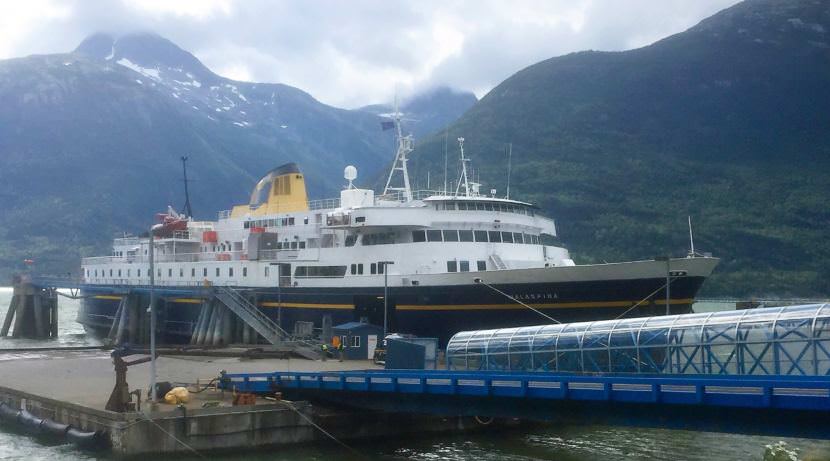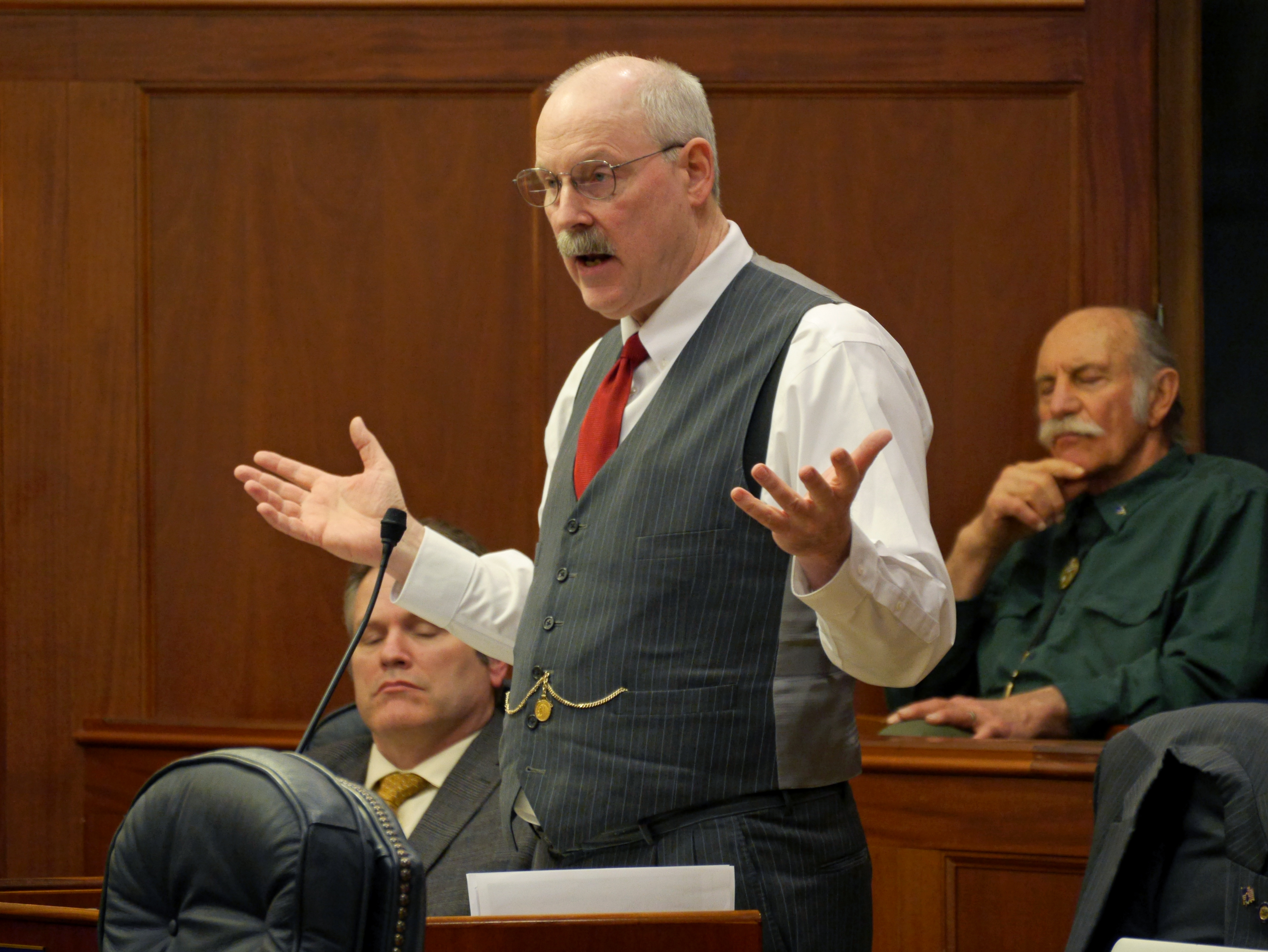
The state ferries will likely run through the winter months, avoiding a potential shutdown proposed by the Dunleavy administration.
That’s following this week’s agreement between House and Senate lawmakers to appropriate about $46 million to the Alaska Marine Highway System. That’s about $40 million less than the year before.
Those numbers are still preliminary; the state budget won’t be finalized until signed by the governor.
State ferries spokeswoman Aurah Landau said the Department of Transportation will try to strike a balance between its more profitable runs and keeping outlying communities connected.
“The marine highway system is looking at the best use of funding to figure out how to provide the best services with funding available,” she said Friday.
The legislature’s conference committee used a funding formula drafted by the Senate Finance Committee that will be forwarded to the governor.
Sen. Bert Stedman (R-Sitka) told reporters in April that the committee’s goal was to come up with a ferry budget that Gov. Mike Dunleavy wouldn’t veto.
It’s $23 million more than the governor originally proposed — a level that would have shut down service in October.

“Clearly, reduced service is better than no service — by far,” Stedman said. “And some communities aren’t going to see much difference in their service and some will see it. But everybody will get a little service.”
A public service union says it fears the Dunleavy administration will pressure the state agency to “chase the farebox” and solely focus on its most profitable runs — such as its Lower 48 connection.
“I mean Bellingham’s great, you’ve got tourists coming, you’ve got the military, you’ve got people coming up for the summer,” Robb Arnold, a crewman on the ferry Malaspina and a regional leader with the Inlandboatmen’s Union of the Pacific. “But what about these other places? They need to go to the doctor’s. They need to get their groceries.”
Which communities could lose service or be severely cut back isn’t yet clear. The Department of Transportation will release its draft schedule this summer.
Capitol Correspondent Andrew Kitchenman contributed to this report.